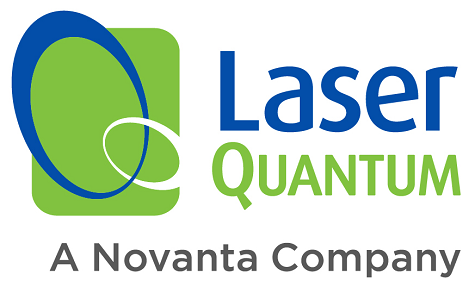Oct 14 2013
Raman spectroscopy and microscopy techniques are employed for the analysis of rotational, vibrational, and other low-frequency modes in a molecular system. The interaction of the laser light with the system causes shifting up or down of the energy of the laser photons. This shift in energy provides data about the molecular bonds and thereby the molecule itself. In this way, the molecule being tested can be identified.
Lasers for Raman Spectroscopy and Microscopy
The wavelength of the laser excitation must be in the range of 400-800nm and the power needed relies greatly on the analysis being carried out and the area of the sample being excited. The commonly used wavelengths include 532, 473, and 660nm. The resolution of the Raman system is limited by the bandwidth of the excitation beam, with lower bandwidths generating higher resolution.
Single longitudinal mode lasers deliver the maximum possible resolution but can introduce discrepancy if they are not locked to that single mode. The stability and ruggedness of the system need to be considered in the selection of the appropriate laser for any application.
Products from Laser Quantum
Laser Quantum offers the following lasers to meet the requirements of Raman spectroscopy and microscopy:
- ciel 473nm laser - Blue laser excitation
- ignis 660 or 671nm laser– Ideal for exciting the sample in the red end of the spectrum
- tau 671nm laser
- ventus VIS 532nm laser– Ideal when ruggedness, stability, and cost-effectiveness are important
- gem 561nm laser
- torus 532nm laser - High-specification, green single-frequency laser
- torus 660nm laser - Provides true single longitudinal mode
- ventus solo – Specially designed for Raman spectroscopy

This information has been sourced, reviewed and adapted from materials provided by Laser Quantum.
For more information on this source, please visit Laser Quantum.